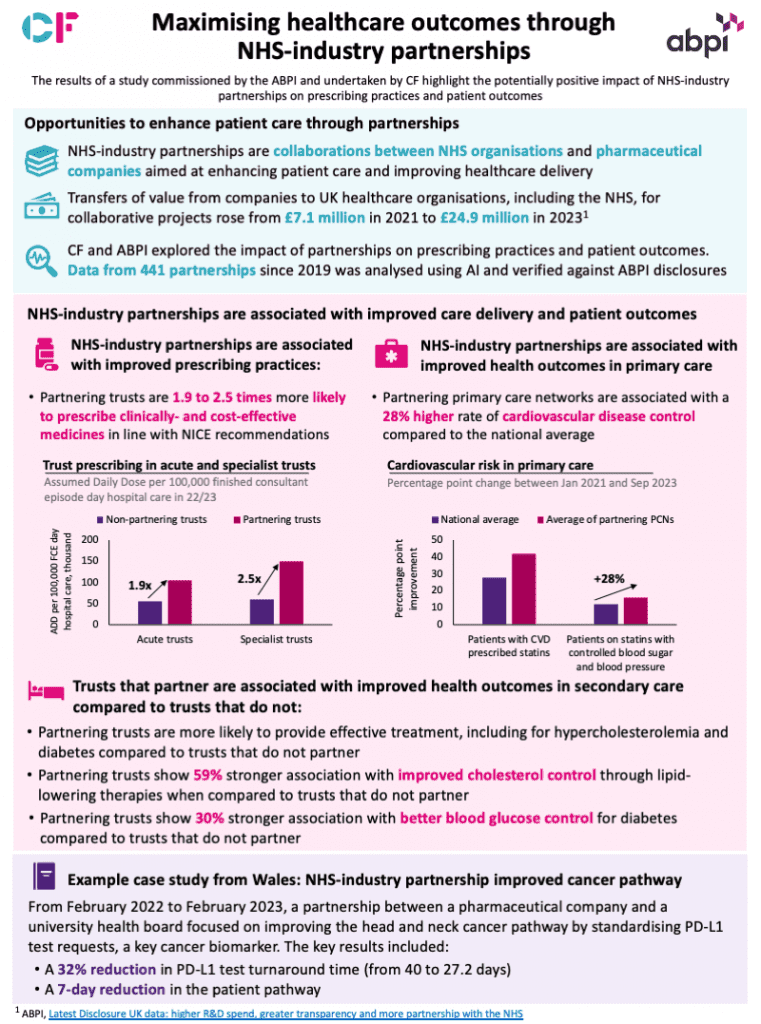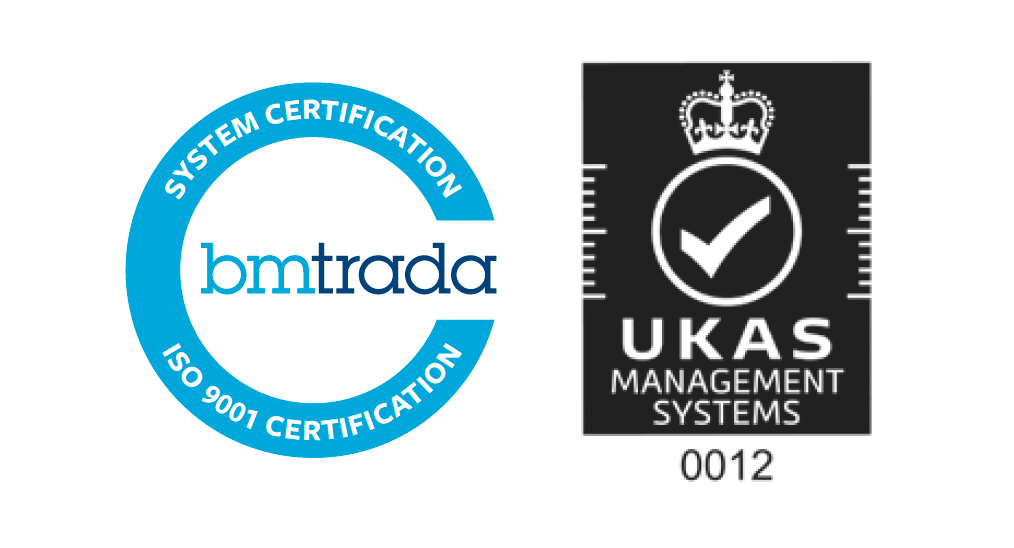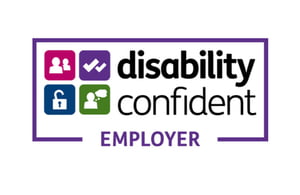NHS-industry partnerships aim to develop and implement projects that enhance patient care or benefit the NHS. In recent years, NHS-industry partnerships in the UK have seen significant growth, with transfers of value rising to £24.9 million in 2023, compared to £15.1 million in 2022 and £7.1 million in 2021. Despite the progress, there remains unrealised potential to further scale these partnerships.
To explore their full impact, CF partnered with ABPI to evaluate how NHS-industry collaborations influence patient care and outcomes. The results, outlined in the report “Partnering for Progress: A Data-Driven Analysis of NHS-Industry Partnerships“, show a clear connection between NHS-industry partnerships and improved patient outcomes.
Key findings:

CF and ABPI recommendations for partnerships:
- Secondary Care: Further research should explore the direct causative relationship between partnerships and patient outcomes, as well as the potential improvements in NHS operational efficiency.
- Primary Care: Expanding partnerships in primary care is essential to address variations in the prescribing of medicines. These partnerships can also support early identification of at-risk patients, rapid diagnosis, and improved chronic disease management to deliver better health outcomes and reduce health inequalities.
- System/ Place Level: NHS leaders and industry stakeholders should regularly monitor partnerships from the ABPI’s Library of Case Studies to scale the most impactful projects, ensuring broader system-level improvements.
- National Level: The Innovation Scorecard Estimates Report should be expanded to help identify areas where prescribing practices are misaligned with NICE recommendations. This will enhance visibility of local variation and support targeted improvements.
Methodology:
- We aggregated published data from 441 NHS-industry partnerships reported since 2019, spanning 30 ABPI member organisations. Using AI, we compiled information on NHS organisations, therapeutic areas, and partnership objectives. The data was then manually validated against ABPI disclosure records for accuracy.
Our analysis compared prescribing practices and patient outcomes in partnering vs. non-partnering NHS organisations. Key metrics included adherence to NICE guidelines and improvements in patient outcomes, with a focus on areas such as cholesterol and blood glucose control.
We think this is an exciting approach that can be leveraged into many other areas. Interested to know more? Read the report or get in touch: [email protected]


